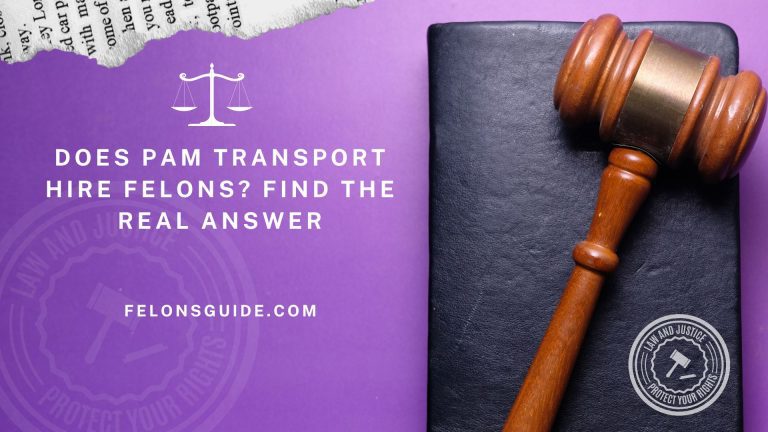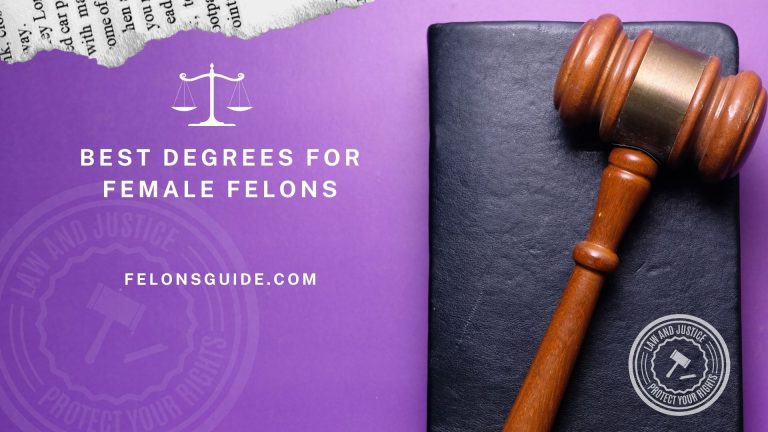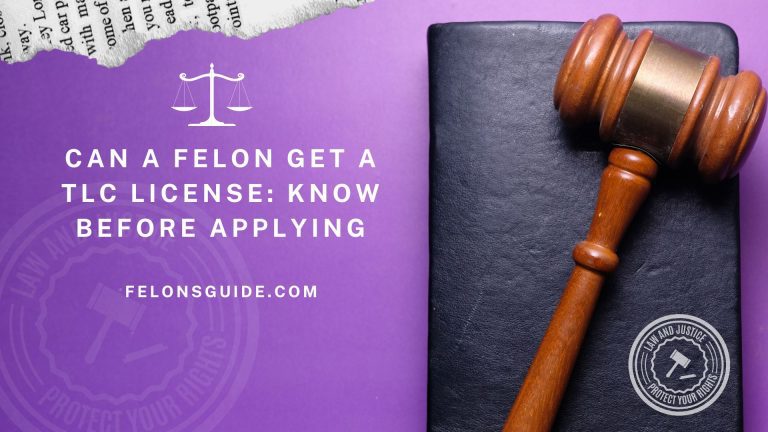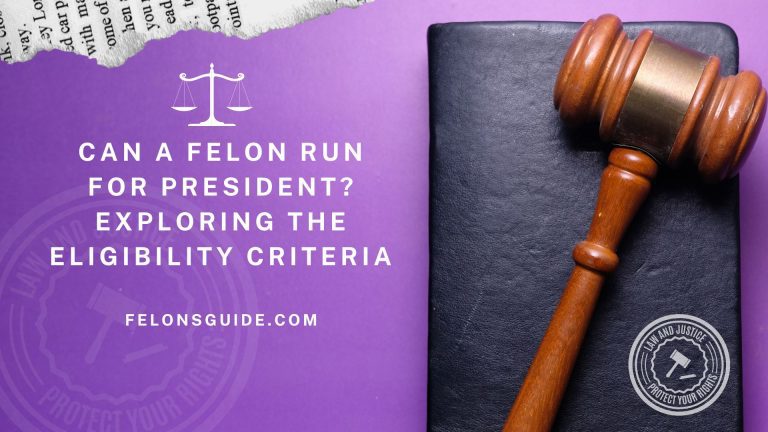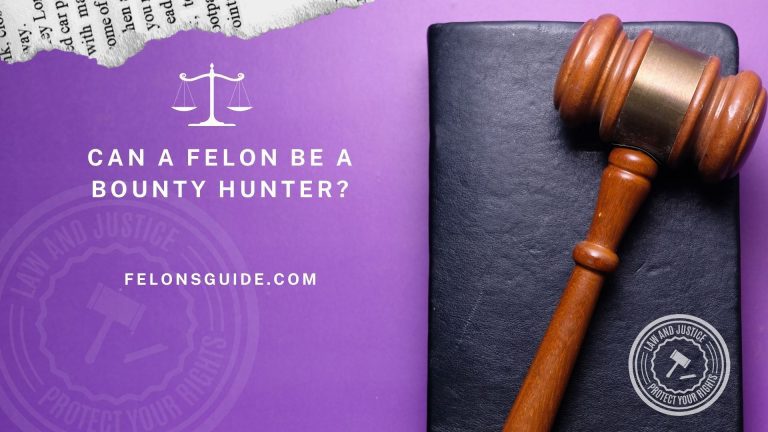Can Felons win the Lottery? Understanding the Rules and Regulations
Lotteries are a popular form of gambling around the world, providing individuals with a chance to win substantial amounts of money with just a small investment. However, many people are uncertain about the eligibility of felons to participate in lotteries and whether they can claim their winnings. This article aims to provide you with a comprehensive guide to the rules and regulations surrounding the eligibility of felons to win the lottery.
Can Felons Win the Lottery?
The simple answer to this question is yes, felons can win the lottery. However, it is essential to understand that the process of claiming lottery winnings for felons can be complicated due to the regulations and laws that exist in each state. Here are some crucial aspects that felons need to know before they participate in a lottery:
Restrictions on Felons Participating in Lotteries
Many states in the United States have specific laws that prohibit felons from participating in lotteries. These laws aim to prevent money laundering and other fraudulent activities by restricting individuals who have a criminal record. Therefore, felons need to check the eligibility criteria for the lottery in their state before purchasing a ticket.
Background Checks for Large Lottery Wins
Lottery organizations often conduct background checks on winners who have claimed large amounts of money. These checks aim to verify the identity of the winner and ensure that they have not been involved in any fraudulent activities. Therefore, felons who win significant amounts of money through lotteries may face additional scrutiny during the claiming process.
Unpaid Debts and Child Support Payments
In some states, felons who owe unpaid debts or child support payments may have their lottery winnings garnished to pay off these obligations. Therefore, felons need to ensure that they do not have any unpaid debts or child support payments before they claim their lottery winnings.
Tax Implications for Lottery Wins
Lottery winnings are taxable income, and felons who win lotteries may face additional tax implications. Therefore, felons should consult with a tax professional to understand the tax implications of their lottery winnings.
Also Read: Can a Felon Own a Byrna Gun? Know the Facts
What If They Have a Warrant? What Happens If A Felon Wins the Lottery?
Winning the lottery can be a life-changing event for many people, but for felons, it can bring about unique challenges. One of the biggest concerns for felons who win the lottery is what happens if they have a warrant. In this article, we will explore what happens if a felon wins the lottery and has a warrant.
First, let’s understand what a warrant is. A warrant is a legal document issued by a judge that authorizes law enforcement officers to perform an action, such as making an arrest or conducting a search. A warrant can be issued for a variety of reasons, such as failing to appear in court or violating probation.
So, what happens if a felon wins the lottery and has a warrant? The answer is simple: they will be arrested. Law enforcement officers have access to a database that tracks outstanding warrants, and if a felon has a warrant, they will be flagged in the system. Once the individual is identified, law enforcement officers will take the necessary steps to execute the warrant.
When a felon wins the lottery and has a warrant, they will not be able to collect their winnings until their legal issues have been resolved. The lottery organization will conduct a background check on the winner, and if they have a warrant, the lottery organization will not release the winnings until the warrant has been cleared.
It is essential to understand that winning the lottery does not exempt an individual from their legal obligations. If a felon has a warrant, they must resolve it before they can claim their winnings. This means hiring an attorney and appearing in court to address the charges against them.
Additionally, it is crucial to note that lottery winnings may be subject to seizure by law enforcement if they are considered part of the proceeds of a crime. For example, if a felon wins the lottery and the money is considered to be the proceeds of drug trafficking, the winnings may be seized by law enforcement as evidence in the case.
In conclusion, if a felon wins the lottery and has a warrant, they will be arrested, and their winnings will not be released until their legal issues have been resolved. Winning the lottery does not exempt an individual from their legal obligations, and it is essential to address any outstanding warrants before claiming the prize. Felons who win the lottery should consult with legal professionals to ensure that they comply with the law and avoid any legal or financial complications.
Also Read: Can a Felon Run for President? Exploring the Eligibility Criteria
Frequently Asked Questions (FAQs)
Q1. Can felons claim lottery winnings in all states?
No, many states have laws that prohibit felons from participating in lotteries or claiming their winnings.
Q2. Do felons face additional scrutiny when claiming lottery winnings?
Yes, lottery organizations often conduct background checks on winners who claim large amounts of money to verify their identity and ensure that they have not been involved in any fraudulent activities.
Q3. Can lottery winnings be garnished to pay off unpaid debts or child support payments?
Yes, in some states, lottery winnings can be garnished to pay off unpaid debts or child support payments.
Q4. Are lottery winnings taxable income?
Yes, lottery winnings are taxable income, and felons who win lotteries may face additional tax implications.
Conclusion
In conclusion, felons can win the lottery, but they need to be aware of the rules and regulations surrounding their eligibility to participate and claim their winnings. It is crucial for felons to check the eligibility criteria in their state before purchasing a lottery ticket and to consult with legal and tax professionals before claiming their winnings. By understanding the rules and regulations, felons can ensure that they comply with the law and avoid any legal or financial complications.
